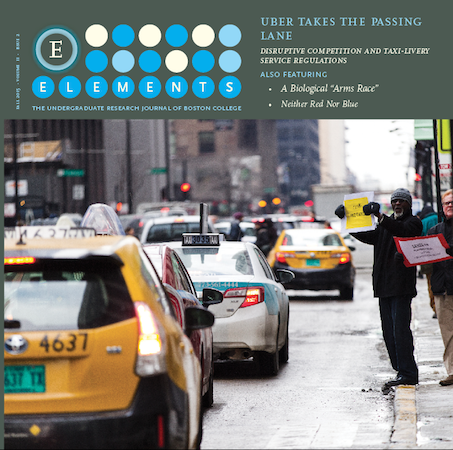Latino Masculinity: Underlying Factors in College Persistence Levels
DOI:
https://doi.org/10.6017/eurj.v11i2.9062Keywords:
Fall 2015, social science, sociologyAbstract
Despite growing numbers, Latinos lag behind whites in higher education. This gap is especially salient for Latino men, who earned only 37.6 percent of associate's and bachelor's degrees awarded to Latino students in 2010. The following study uses interviews with thirteen ethnically diverse, first-generation, self-identified Latino men currently enrolled in four-year universities in the Greater Boston area to explore the influences Latino men idetnify as impacting their collge success and persistence rates. Grounded theory analysis of the inerview data reveals the correlations between previous academic experiences and family influence on participants' ability to graduate. The paramount role of participants' cultural constructions of masculinity and their effect on help-seeking behaviors was a surprising and unique finding. Masculinity and help-seeking behaviors were, therefore, found to play a key role in college achievement and persistence for the men in this study. This article also discusses implications for mental hleath practitioners, educational advocacy groups, and universities.Downloads
Published
2015-11-18
How to Cite
Vazquez, M. (2015). Latino Masculinity: Underlying Factors in College Persistence Levels. Elements, 11(2). https://doi.org/10.6017/eurj.v11i2.9062
Issue
Section
Articles
License
Copyright (c) 2015 Elements

This work is licensed under a Creative Commons Attribution 4.0 International License.

